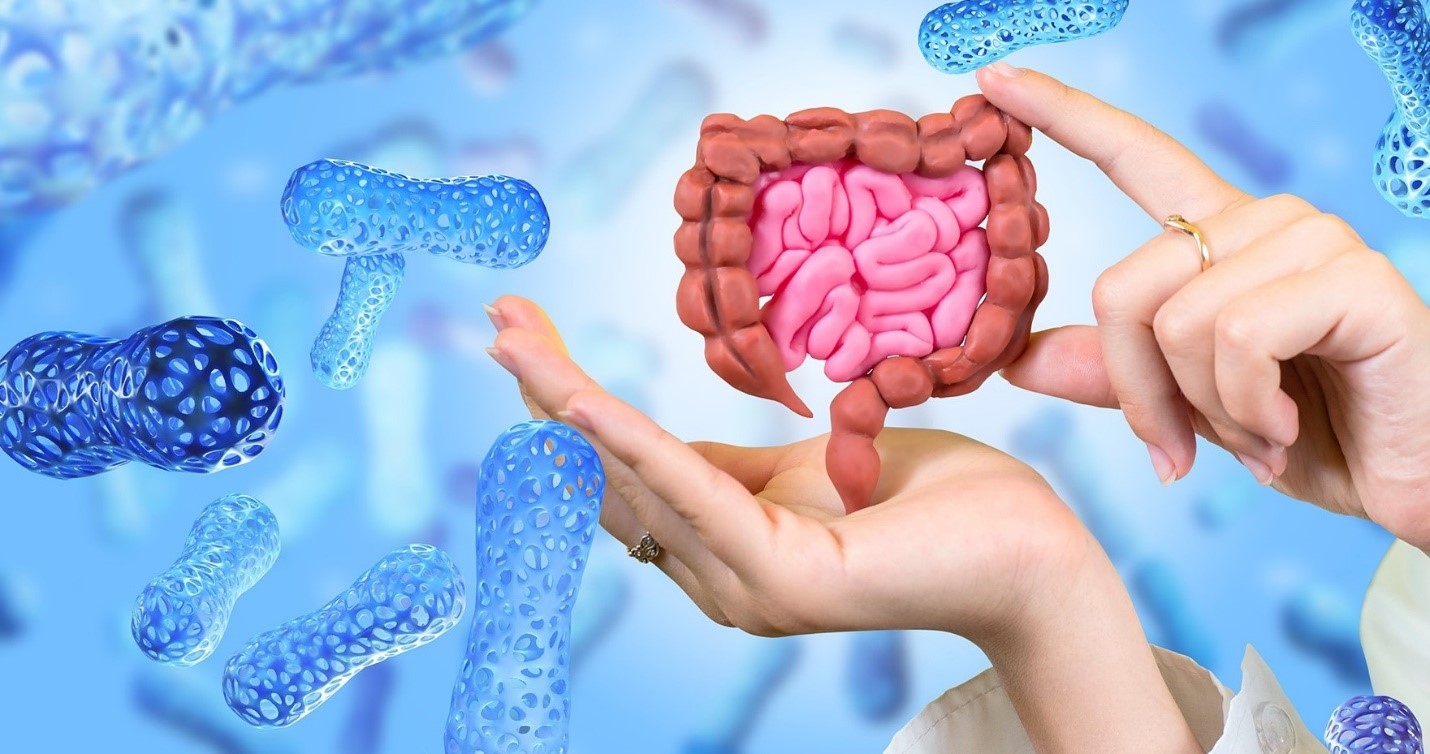
As we approach 2025, the landscape of diet and nutrition continues to evolve, driven by scientific advancements, cultural shifts, and a growing awareness of the importance of health and wellness. This article explores the top diet and nutrition trends poised to shape our eating habits and improve our overall well-being in the coming years. From personalized nutrition plans to sustainable eating practices, these trends highlight the dynamic nature of diet and nutrition.
1. Personalized Nutrition
One of the most significant diet and nutrition trends for 2025 is the rise of personalized nutrition. This approach tailors dietary recommendations to an individual’s genetic makeup, lifestyle, and health goals. Advances in genetic testing and data analytics have made it possible to create customized diet plans that optimize nutrient intake and address specific health concerns. Personalized nutrition empowers individuals to make informed choices, leading to better health outcomes and increased adherence to dietary recommendations.
2. Plant-Based Diets
The popularity of plant-based diets continues to grow, driven by concerns about health, environmental sustainability, and animal welfare. A plant-based diet emphasizes the consumption of fruits, vegetables, legumes, nuts, and whole grains while minimizing or eliminating animal products. Research consistently shows that plant-based diets are associated with a reduced risk of chronic diseases, such as heart disease, diabetes, and certain cancers. As more people embrace this trend, the demand for innovative plant-based products and recipes is expected to rise.
3. Sustainable Eating
Sustainability is becoming a central theme in diet and nutrition. Consumers are increasingly aware of the environmental impact of their food choices and are seeking ways to reduce their carbon footprint. Sustainable eating involves choosing foods that are produced in an environmentally friendly manner, such as locally sourced, organic, and seasonal products. This trend also encourages reducing food waste and adopting a more mindful approach to consumption. By prioritizing sustainability, individuals can contribute to a healthier planet while improving their own nutrition.
4. Functional Foods
Functional foods, which provide health benefits beyond basic nutrition, are gaining traction as a key diet and nutrition trend. These foods contain bioactive compounds, such as probiotics, prebiotics, and antioxidants, that promote health and prevent disease. Examples include fermented foods like yogurt and kimchi, which support gut health, and foods rich in omega-3 fatty acids, which benefit heart health. As consumers become more educated about the role of functional foods, they are increasingly incorporating them into their diets to enhance overall well-being.

5. Intermittent Fasting
Intermittent fasting has emerged as a popular dietary approach for weight management and metabolic health. This eating pattern involves alternating periods of fasting and eating, which can help regulate blood sugar levels, improve insulin sensitivity, and promote weight loss. Various methods of intermittent fasting exist, such as the 16/8 method, where individuals fast for 16 hours and eat during an 8-hour window. As more research supports the benefits of intermittent fasting, it is likely to remain a prominent trend in diet and nutrition.
6. Mindful Eating
Mindful eating encourages individuals to be present and attentive during meals, fostering a healthier relationship with food. This trend emphasizes the importance of listening to hunger and satiety cues, savoring flavors, and reducing distractions while eating. Mindful eating can help prevent overeating, improve digestion, and enhance the overall enjoyment of food. As people seek ways to reduce stress and improve mental health, mindful eating is expected to gain popularity as a holistic approach to diet and nutrition.
7. Tech-Driven Nutrition
Technology is playing an increasingly important role in diet and nutrition, offering innovative solutions for tracking and improving eating habits. Mobile apps, wearable devices, and artificial intelligence are being used to monitor nutrient intake, provide personalized recommendations, and support behavior change. For example, apps that track macronutrient consumption or suggest recipes based on dietary preferences are becoming commonplace. As technology continues to advance, it will further revolutionize how individuals approach diet and nutrition.
8. Gut Health
The connection between gut health and overall well-being is a growing area of interest in diet and nutrition. A healthy gut microbiome is linked to improved digestion, enhanced immune function, and even mental health benefits. As a result, there is increasing emphasis on consuming foods that support gut health, such as those rich in fiber, probiotics, and prebiotics. This trend underscores the importance of a balanced diet that nourishes the gut and promotes optimal health.
9. Alternative Proteins
With the global population on the rise and concerns about the sustainability of traditional animal agriculture, alternative proteins are becoming a significant diet and nutrition trend. These include plant-based proteins, lab-grown meat, and insect-based products. Alternative proteins offer a more sustainable and ethical source of nutrition, with a lower environmental impact compared to conventional meat production. As technology and consumer acceptance advance, alternative proteins are expected to play a larger role in the global food system.
10. Holistic Nutrition
Holistic nutrition takes a comprehensive approach to diet and wellness, considering the interconnectedness of physical, mental, and emotional health. This trend emphasizes the importance of whole, unprocessed foods, balanced macronutrients, and the avoidance of artificial additives. Holistic nutrition also encourages practices such as stress management, regular physical activity, and adequate sleep to support overall health. As people seek a more balanced and fulfilling lifestyle, holistic nutrition is likely to gain traction as a guiding principle in diet and nutrition.
Conclusion
The diet and nutrition trends shaping 2025 reflect a growing awareness of the complex relationship between food, health, and the environment. From personalized nutrition plans to sustainable eating practices, these trends offer diverse and innovative approaches to improving well-being. As individuals become more informed and proactive about their dietary choices, they have the opportunity to embrace these trends and pave the way for a healthier future. By staying informed and open to new ideas, we can all contribute to a more nutritious and sustainable world.













